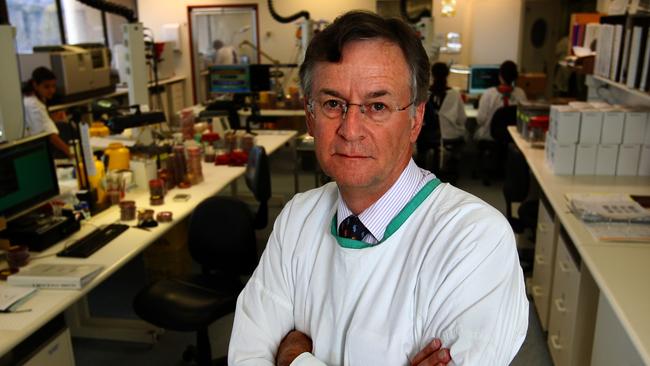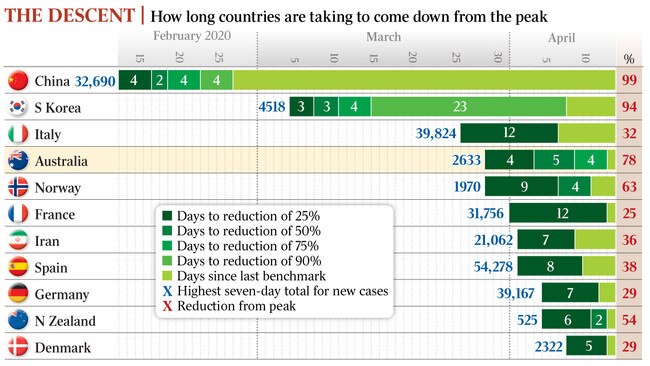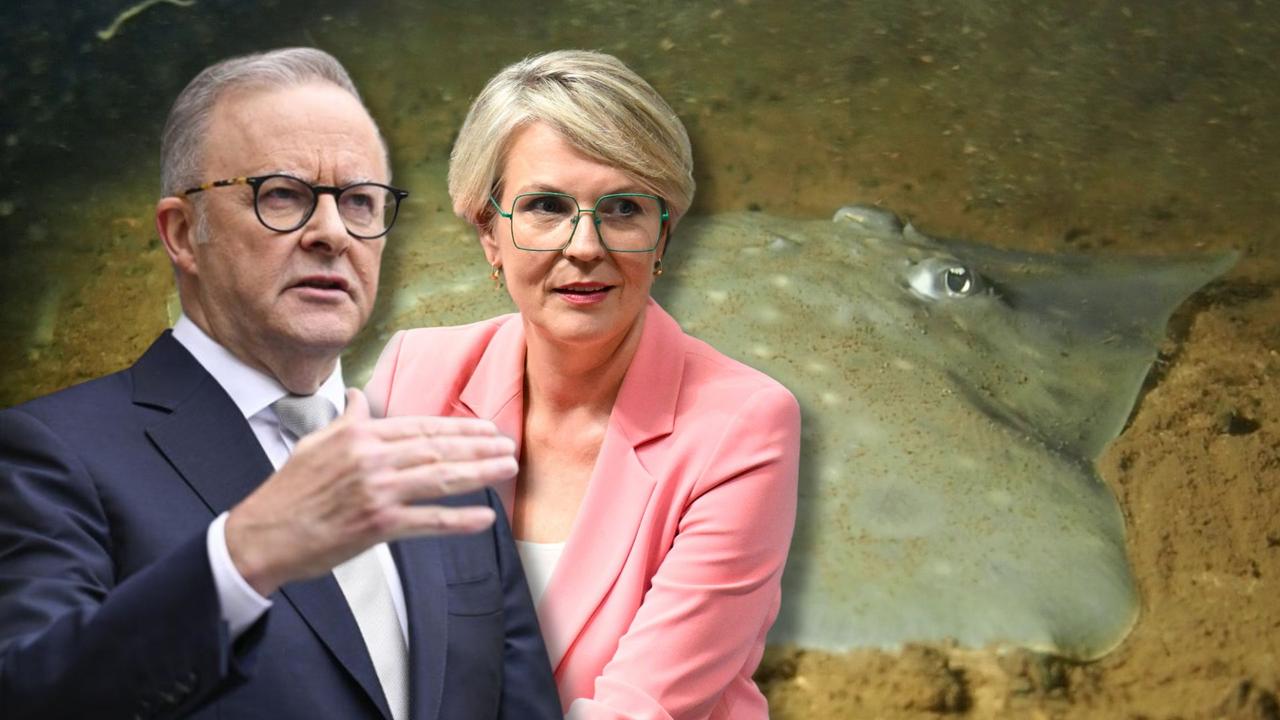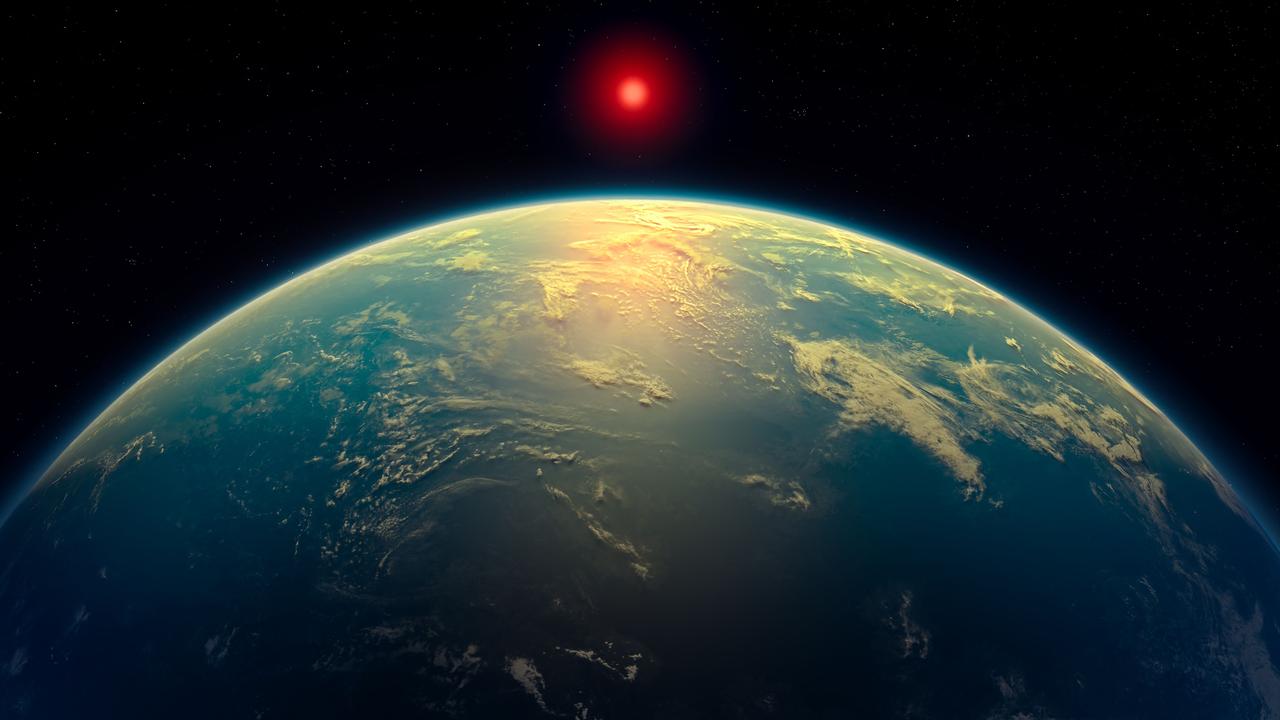Coronavirus: ‘We’re winning but we might never get rid of it’, say experts
Experts have warned it may not be possible to completely eradicate COVID-19 in Australia.

Experts have warned it may not be possible to completely eradicate COVID-19 in Australia, despite the numbers of new cases continuing to dwindle.
Just 36 new cases were confirmed on Tuesday, including 11 in Queensland, 10 in Victoria, seven in NSW, six in Tasmania and one each in South Australia and Western Australia — not including three new cases among foreign crew members from the Artania cruise ship docked in Fremantle.
ANU infectious diseases physician and microbiologist Peter Collignon said Australia had done “very well” in flattening the infection curve, but warned it was likely to remain in the community at some level.
“It’d be nice if we had no cases, but unfortunately I don’t think that’s likely,” Professor Collignon said. “There is so much relatively mild symptom disease that I think it’s here for a while.
“No country in the world has eradicated it completely so far.”
Professor Collignon said the likelihood of people with mild or asymptomatic cases continuing to spread the virus meant restrictions such as the closure of pubs and restaurants could be in place until “at least the end of winter”.
“In any case we’re going to have to keep our borders closed for quite a while, maybe even a year or two.” However, Professor Collignon urged states to only impose restrictions that would be effective.
“The more extreme lockdown they’ve got in New Zealand doesn’t seem to be any more effective than what we’ve got in Australia, and some of the laws NSW and Victoria have imposed here don’t make any biological sense,” he said. “No one’s going to get coronavirus from sitting on a park bench or going fishing alone.”

Professor Collignon’s comments come as The Australian’s analysis of the latest international COVID-19 case data reveals we have reduced our number of new cases over a rolling seven-day period by 78 per cent since they peaked on March 29. This compares with China’s 99 per cent reduction, according to official figures, since a peak on February 13, and South Korea’s 94 per cent reduction since a peak on March 5.
At the other end of the spectrum, France has seen a 25 per cent reduction since cases peaked on April 1, while Germany and Denmark have reduced numbers of new cases by 29 per cent since peaks on April 5 and 8 respectively. Australia took 15 days to reduce its number of new cases by more than 75 per cent, compared with 10 days for China and 11 for South Korea.
Swinburne University dean of health sciences Bruce Thompson agreed with Professor Collignon that low-symptom community transmissions were “one of the big unknowns” when it came to eradicating new cases.
But he was optimistic Australia might soon reach zero cases. “Hopefully you would imagine that if we had no new cases for a week with a broadened testing regime, then wait another couple of weeks for the cases to recover and show the right levels of antibodies and immunity, then we could at least open things up within states at first, and then maybe as a country,” Professor Thompson said.



To join the conversation, please log in. Don't have an account? Register
Join the conversation, you are commenting as Logout